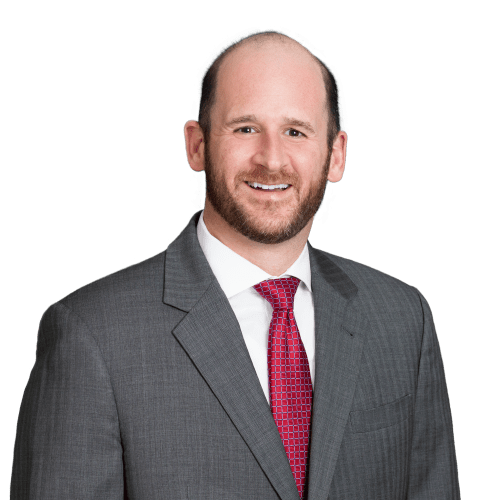Survey Says U.S. Companies Anticipate Record Class Action Matters in 2022, Project 27% Matter Increase – Highest Level Reported in 11 Years
11th Annual Carlton Fields Class Action Survey Details Recent Developments and Best Practices in Class Action Management
Tampa, Fla. – The 2022 Carlton Fields Class Action Survey reveals that U.S. class action defense spending grew a record-breaking 16% in 2021, crossing the $3 billion threshold for the first time. Class action spending is expected to rise again in 2022.
This increase in defense spending relates to another key finding in this year’s report: companies can anticipate a 27% increase in class action caseload in 2022. According to the survey, the current portfolio reveals the highest number of both ongoing and total matters since the inception of the survey 11 years ago.
Interestingly, the number of companies facing bet-the-company class action matters dropped substantially — seven times lower than in 2020 — while lower exposure matters are on the rise. Specifically, the number of companies facing lower exposure class action matters grew more than 20 percentage points.
Corporate counsel identified COVID-19 as causing increased numbers of labor and employment claims — especially wage and hour, discrimination, and workplace safety suits. The survey found that companies expect these and other pandemic-related claims, along with data privacy claims, to lead the next wave of class actions, as work-from-home and hybrid models persist.
Corporate counsel also expect additional consumer fraud class actions in the coming year. Notably, consumer fraud class actions were also reported as posing the largest threat to companies, particularly claims concerning the use of social media and environmental, social, and corporate governance (ESG) disclosures and practices.
Overall, corporate counsel reported that they rely on early case assessment and proactive risk management as their primary management strategies — together accounting for two-thirds of the strategies in use.
“We look at the facts and assess whether we have liability and then do right by the people who are coming after us,” said one survey respondent, a vice president and assistant general counsel for a global financial services company. “These are our customers with whom we have a special relationship, and we take it seriously as these are stakeholders in our enterprise.”
John Clabby, a Carlton Fields shareholder who oversees the Class Action Survey with shareholder Matthew Allen said, “From this year’s survey, it is clear that in-house counsel responsible for class action management are having to do more with less. Each is handling more class actions than in recent years, while overall headcount for corporate counsel is down the equivalent of a full attorney from 2018.”
Allen added that this year’s findings highlight the importance of corporate counsel’s remaining intentional in how they handle class actions. “Class action plaintiffs’ lawyers are getting more creative, particularly in the COVID environment. Early case assessment will offer the best strategy toward finding a solution to resolving class actions in the most economical way.
“It is important that companies and their outside firms be vigilant and proactive to mitigate their risk,” said Allen.
To review the full survey’s findings, download the 2022 Carlton Fields Class Action Survey at https://ClassActionSurvey.com. Additional key findings include:
- The number of settlements of open putative class actions jumped as top legal decision-makers reported they were able to settle their older matters. Claims-made settlements and changes to business practices increased from last year, and were the most common notable settlement features.
- More companies are opting for hourly rates to move through their caseload after years of experimentation with alternative fee arrangements.
- The increased caseload, variability of issues among cases, and unpredictable staffing needs find in-house counsel increasingly relying on outside counsel to defend class actions. Retaining trusted counsel ranks as the most effective tool to reduce and control class action cost.
- While companies used 15% fewer law firms overall for their legal needs than in 2020, they continue to use a small group of law firms as class action counsel — 4.5 firms on average.
- Fewer companies than last year report defense costs for class actions being paid for by insurance, but those that had coverage stated that insurance was covering a larger percentage of costs. This may reflect both savvy buyers and better-tailored insurance products.
The 2022 Carlton Fields Class Action Survey is based on interviews with general counsel or senior in-house counsel at more than 400 Fortune 1000 and other large companies. The survey, now in its 11th year, is widely recognized as a powerful resource for in-house counsel who want to manage class actions effectively and efficiently. Surveyed companies had an average annual revenue of $23.7 billion and median annual revenue of $14.1 billion. They operate in more than 25 industries, including banking and financial services, consumer goods, energy, high tech, insurance, manufacturing, pharmaceuticals, professional services, and retail trade.


